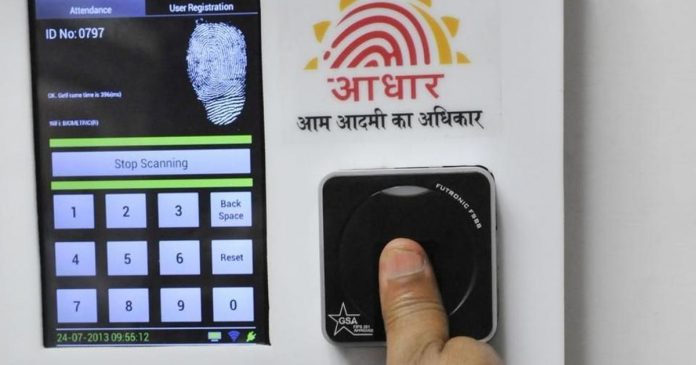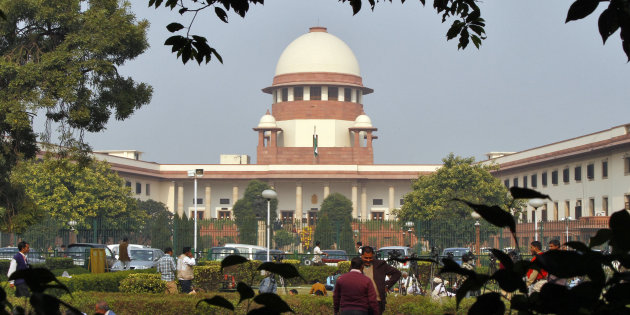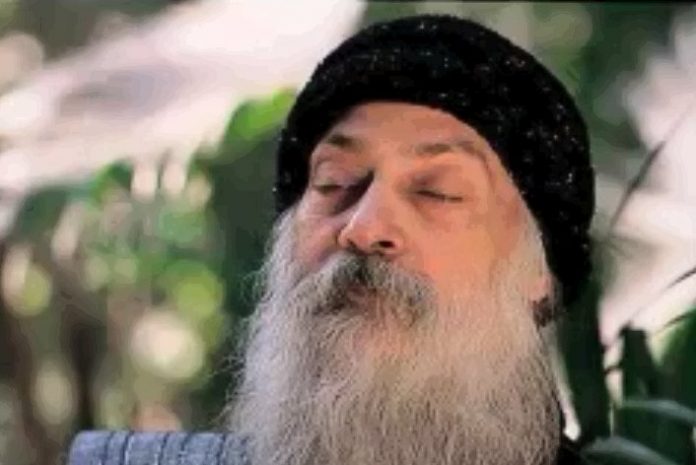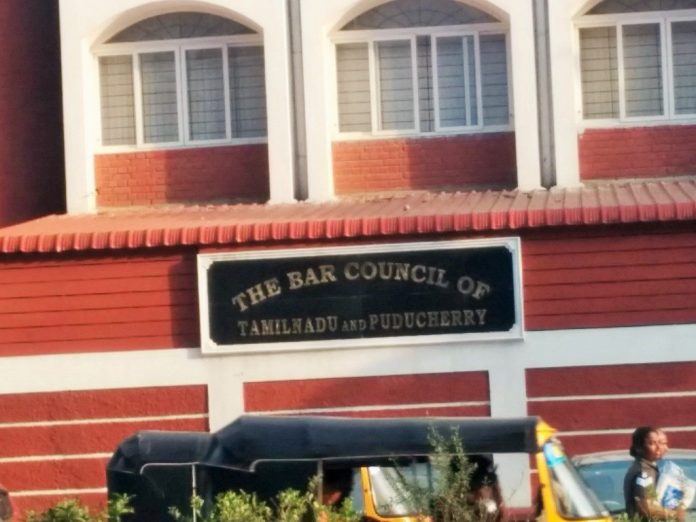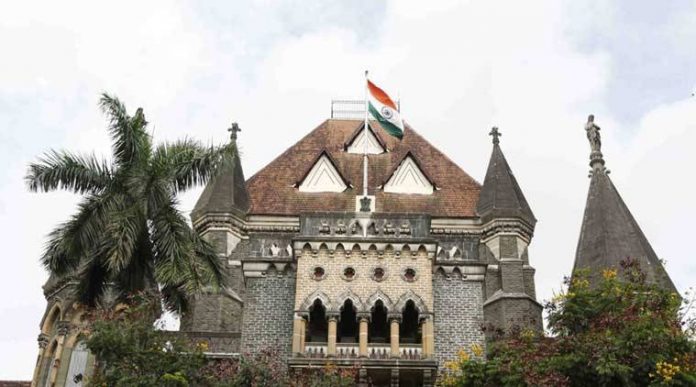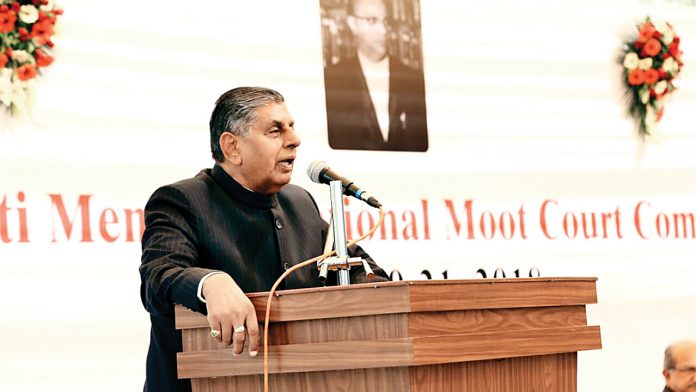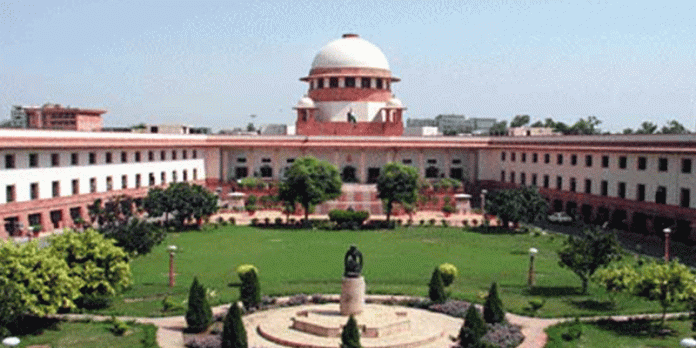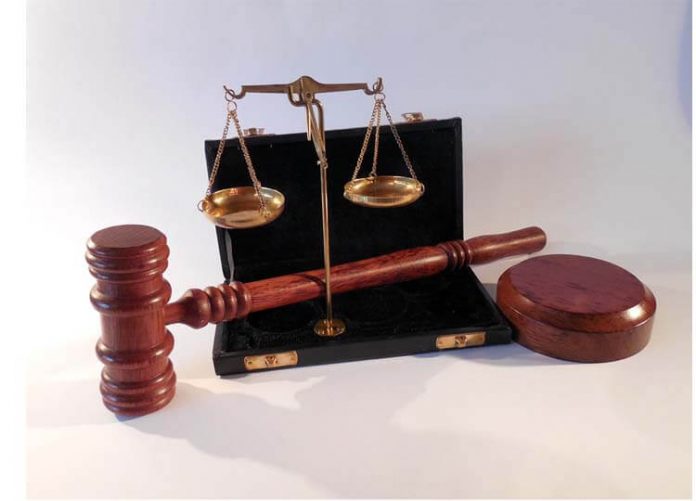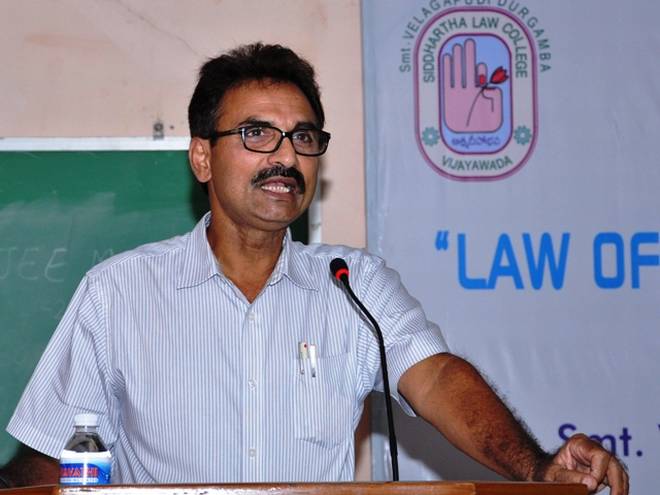The recent ruling by Madame Justice Griffin of the B.C. Supreme Court in the Fu v. Zhu case highlighted the various schemes of immigration fraud and tax misrepresentations undertaken by both litigants.
These include falsifying rental and employment agreements to support a fraudulent claim of physical presence for immigration purposes as well as a multimillionaire declaring an income of less than $100 on his Canadian tax return.
Ghost Immigrants Flouting Tax Laws
Canada has witnessed an influx of wealthy “Ghost Immigrants,” as shown by a slew of recent cases.
These immigrants secure permanent residence and purchase properties in Canada, but then return to their home countries. Most of them don’t pay their legal worldwide tax obligation to Canada, while fraudulently claiming to meet the physical presence requirement to maintain permanent residence and qualify for citizenship along with accessing other benefits of Canadian life.
According to David S. Lesperance, an international tax and immigration expert, the following lessons can be learnt by Canadians and their government from the Fu v. Zhu case:
- A common problem
Evading taxes is common but in this case the individuals are choosing to expose themselves rather than having been uncovered by an investigation.
- A long lasting issue
The scam of fraudulently claiming to be physically present in Canada has been used for decades. According to Lesperance a document prepared by him in 1991 had detailed the same methods regarding circumvention of the permanent residence requirement.
- Having Tighter border controls may not help
Canada Border Service investigations take up enormous resources and currently their investigations mostly uncover only “the most unsophisticated and lazy offenders” according to Lesperance.
To uncover the smarter physical presence frauds, there would be a need for massive investigation resources. However in that case the fraudsters will migrate “to the more sophisticated hard-to-detect techniques.” So CBS investigations may not be the answer, in Lesperance’s opinion.
Tax Audits Can Be An Effective Tool
The CRA has so far not strictly enforced worldwide taxation rules which is being exploited by the immigrant community. In a 1996 report, the CRA stated that it was “simply too difficult” to audit such cases and collect the taxes owed, Lesperance said.
However a range of recent changes have the potential to alter this situation:
- Data-mining techniques that enable the cross-referencing of employment/business and asset information supplied by the immigrant to Canadian immigration officials
- Canada’s a tax treaty (with an exchange of information clause) with Hong Kong in 2012
- Canada’s tax treaty with China gaining more “potential” in the aftermath of the recent anti-corruption movement within China
- CRA’s Whistleblower program covering whistleblowers on tax evasion collections
- Easier lifestyle audits thanks to social media and on-line information
- Significant increase in value of Canadian assets, giving CRA access to more seizable assets.
Increasing tax audits “would send shock waves through the hearts of those engaging in fraudulent behaviour” Lesperance said, adding that this measure would need not any legislative change and only a refocusing of CRA’s resources.
Replace Physical Presence Requirement With Tax Requirement
According to Lesperance , the second equally important action would be to replace the current unenforceable physical presence requirement in Canadian immigration and citizenship law with “tax residence”.
Under this if immigrants wish to maintain their permanent residence status or qualify for citizenship, they would have to declare themselves Canadian tax residents and pay the entire Canadian tax on their worldwide income.
Any under-reporting would result in a CRA audit. If found guilty of tax evasion, the immigrants will not only face the consequences of tax evasion but also lose their immigration status or be denied citizenship.
As a result of these measures, several of those currently gaming the system will soon realize that they may have to face the full force of Canadian taxation, Lesperance said, forcing them to voluntarily relinquish their Canadian immigration status as it would no longer be worth it.
False Idea of “Canadianized.”
As per Lesperance , such measures have not been taken in Canada so far due to “a lovely but unrealistic sentiment” that the new citizens must become “Canadianized,” for which they must be physically present in Canada.
However becoming genuinely “Canadianized” is a choice and has nothing to do with being physically present, he said.
Benefits of Tax Residence Regime
- These measures will make it unnecessary for “expensive and intrusive efforts to enforce physical presence rules, with little actual benefit,” avoiding “mean massive disruption for all Canadians”.
- Replacing physical presence with a tax residency regime can made attractive to international entrepreneurs may never meet the current physical presence requirements due to their business travel but would be willing to trade their current tax situation for the favourable one that Canada offers. Canada’s lack of estate, gift or wealth taxes can be an attractive option for American and European businesspeople who face such taxes in their country.
To ensure proper citizenship, it must however be ensured that the individual:
- Pays their fair share of taxes
- Is aware history, culture, social norms and legal obligations of Canadians tested via a citizenship test


